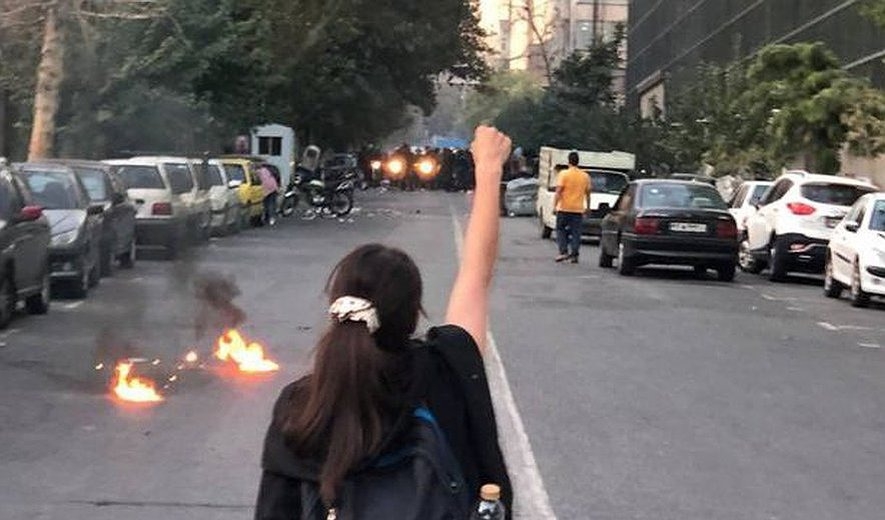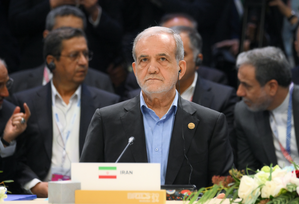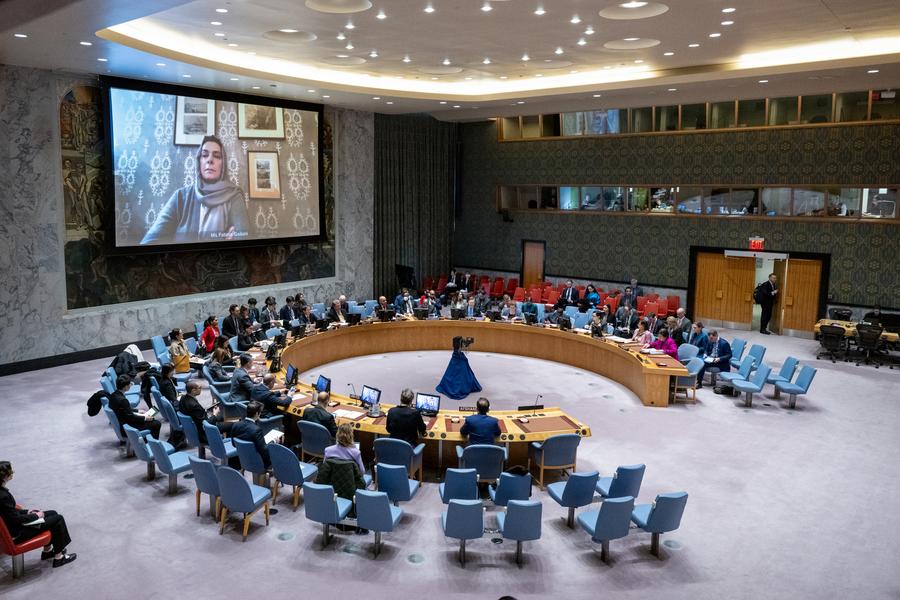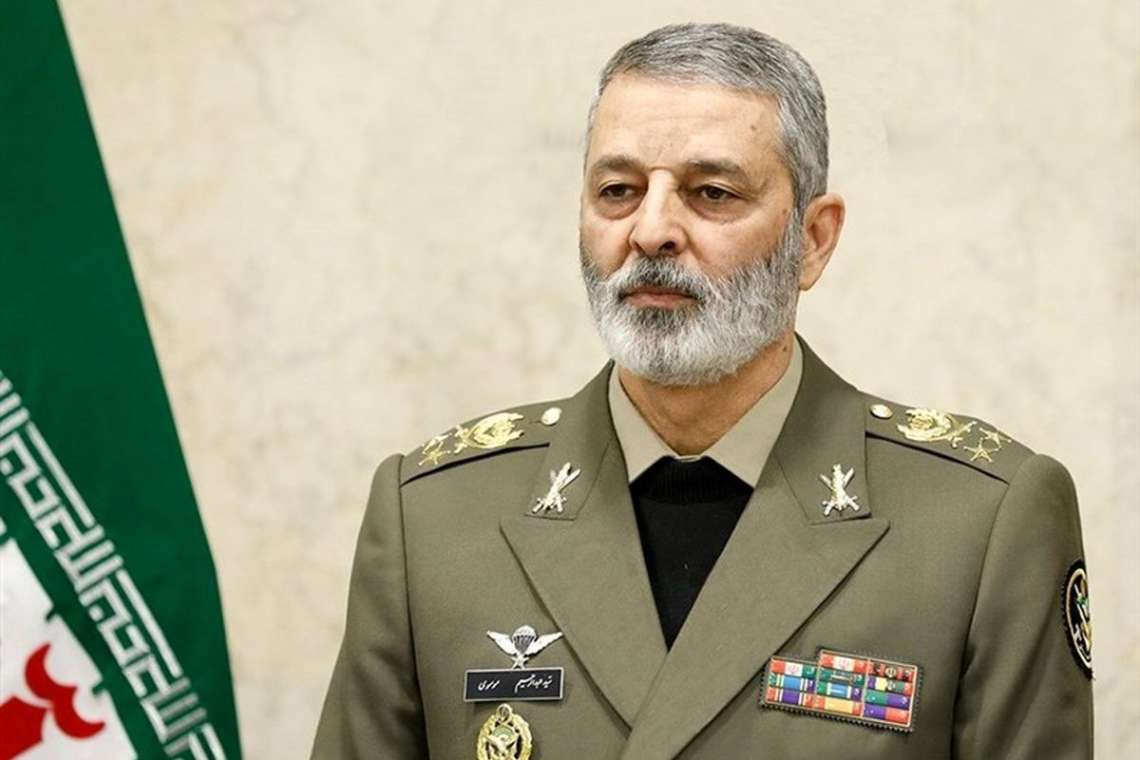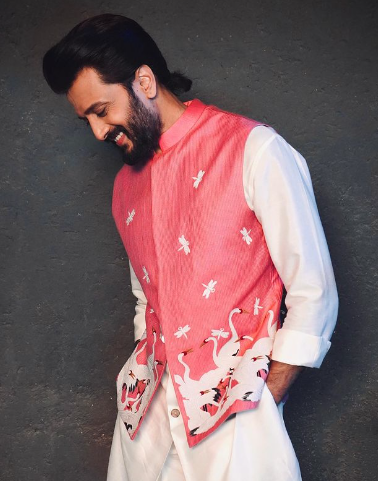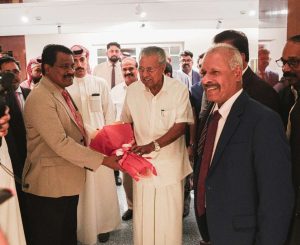While acts of defiance such as flaunting hair are rarer in more conservative areas, they are increasingly being seen in towns and cities…reports Asian Lite News
Women are suddenly flaunting their hair: left long and flowing in the malls; tied in a bun on the streets; styled into bobs on public transportation; and pulled into ponytails at schools and on university campuses, according to interviews with women in Iran as well as photographs and videos online, the media reported.
While these acts of defiance are rarer in more conservative areas, they are increasingly being seen in towns and cities.
Since the death last year of Mahsa Amini, 22, while in the custody of the country’s morality police, women and girls have been at the centre of a nationwide uprising, demanding an end not only to hijab requirements but to the Islamic Republic itself, The New York Times reported.
“I have not worn a scarf for months… I don’t even carry it with me any more,” said Kimia, 23, a graduate student in the Kurdish city of Sanandaj, in western Iran.
Kimia said that many female students at her college did not cover their hair even in classrooms in the presence of male professors. “Whether the government likes to admit it or not,” she said, “the era of the forced hijab is over”.
Iran’s hijab law mandates that women and girls over 9 cover their hair, and that they hide the curves of their bodies under long, loose robes. Many women still adhere to the rule in public, some by choice and others from fear, The New York Times reported.
Videos of the traditional bazaar in downtown Tehran, Iran’s capital, for example, show most women covering their hair.
But videos of parks, cafes, restaurants and malls — places popular with younger women — show more of them uncovered, The New York Times reported.
Many prominent women, including celebrities and athletes, have removed their hijab in Iran and while representing the country abroad.
The state has long promoted the hijab law as a symbol of its success in establishing the Islamic Republic, but enforcement has varied, depending on which political faction was in power.
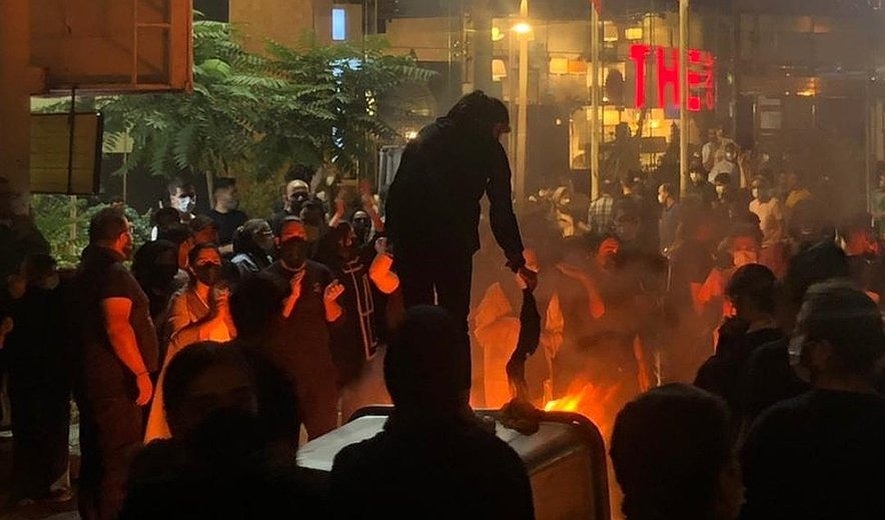
Many acts of civil disobedience continue daily, including chanting “death to the dictator” from rooftops, writing graffiti on walls and tearing down and setting ablaze government banners, The New York Times reported.
And women have been going out in public without their hijabs.
Officials said in December they had disbanded the morality police, and they have not been seen on the streets since. For the moment, the authorities are only occasionally enforcing the hijab rules, according to women and activists in Iran.
Officials say they are reviewing the enforcement rules and plan to announce updated measures. One conservative lawmaker has said that alternative enforcement methods are being considered, like warning women by text message, denying them civic services or blocking their bank accounts.
“Head scarves will be back on women’s heads,” the lawmaker, Hossein Jalali, was reported as saying in December on Iranian media.
But the defiance remains too widespread to contain and too pervasive to reverse, women’s rights activists say, The New York Times reported.

